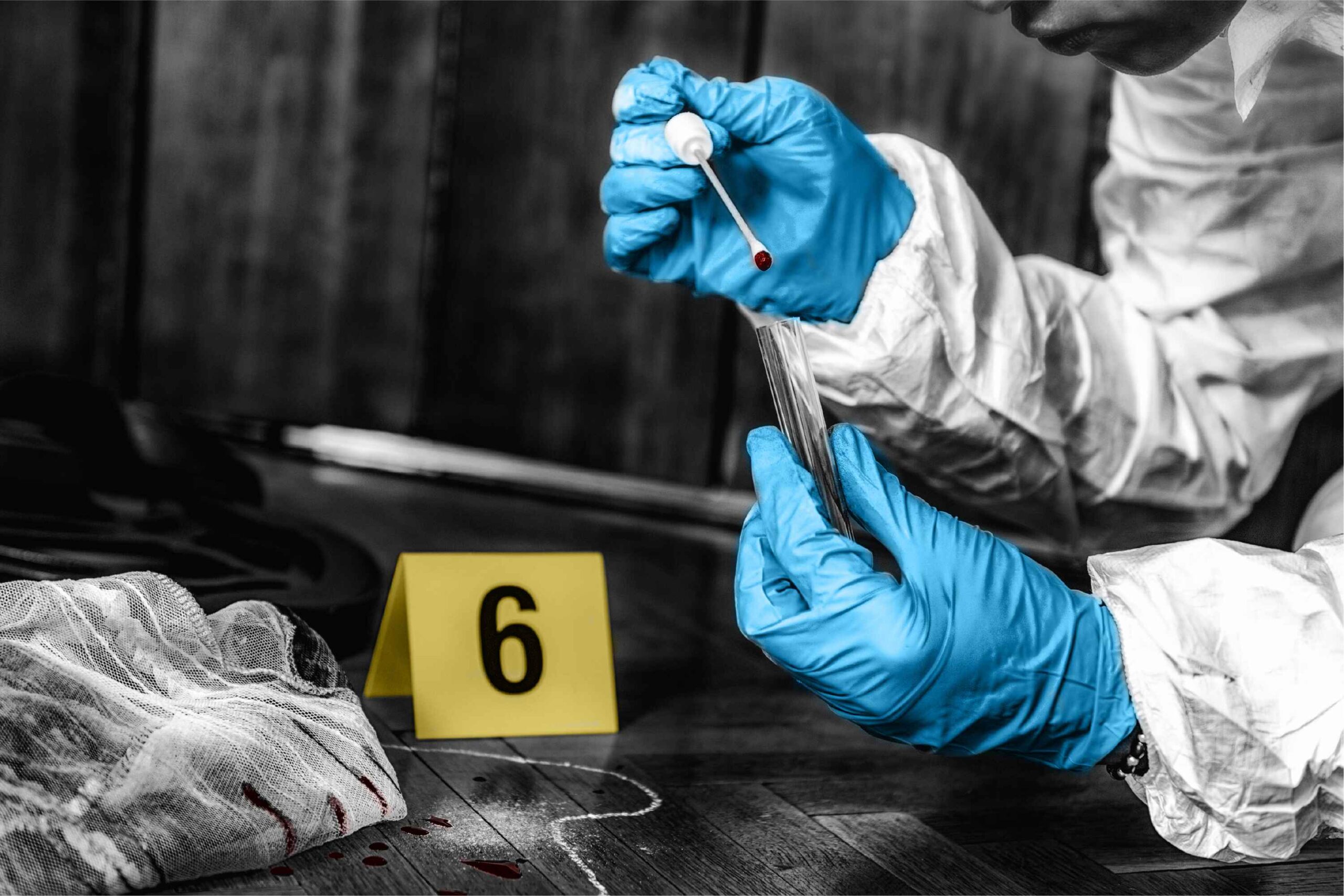
🏆 prize pool – 4.5 lakhs
An intense and exhilarating 48-hour hackathon from May 1st to May 3rd, organized by Graphic Era Deemed to Be University in association with top MNCs and leading research labs! This is your chance to solve real-world challenges with problem statements provided directly by industry leaders, research labs, and top researchers. Your solutions will be evaluated by an esteemed panel of top-tier juries, ensuring that the most innovative and impactful ideas get the recognition they deserve.
Rewards and Prizes🚀
Winner – 2 lakhs
Runner up – 1.5 lakhs
second Runner up – 1 lakh
RULEBOOK
1. GENERAL GUIDELINES
1.1 Participation Guidelines
- Participants must adhere to the official hackathon timeline.
- Teams must have 2 to 4 members.
- Registration must be completed before the deadline, and all members must provide valid identification.
- Respect fellow participants, mentors, and organizers throughout the event.
- The hackathon is an offline-only event.
1.2 Eligibility Criteria
- Open to students from all over India (PAN India level participation).
- Participants must be currently enrolled in a recognized university or college.
- Each team must have members from the same institution.
- Only registered participants will be allowed to compete.
- Individuals cannot be a part of multiple teams.
1.3 Code of Conduct
- Participants must maintain professionalism and ethical behavior at all times.
- Harassment, discrimination, or inappropriate behavior will result in immediate disqualification.
- Any attempt to sabotage or disrupt another team’s work is strictly prohibited.
- Teams must not engage in any form of cheating or misconduct.
2. HACKATHON RULES
- Teams must start coding only after the hackathon officially begins.
- The hackathon will run continuously for 48 hours, and teams must work within the allotted time.
- All team members must be present at the hackathon venue for the entire duration.
- Teams may use open-source libraries and frameworks, but the project must be original.
- Internet access will be provided for research and development purposes only.
- Participants must attend all mentor check-ins and feedback sessions.
- Judges may request code walkthroughs or clarifications at any time.
- The final project must be fully functional and demonstrated in front of judges.
3. DOs AND DON’Ts
3.1 DOs
- Follow the theme and guidelines of the hackathon.
- Ensure all submissions are original and developed during the hackathon period.
- Use open-source libraries and frameworks with proper attribution.
- Maintain clear and well-documented code.
- Participate actively in mentorship and feedback sessions.
- Adhere to submission guidelines, including uploading all required materials before the deadline.
- Respect the intellectual property rights of other participants and organizations.
- Ensure all team members contribute fairly and work in collaboration.
- Seek assistance from mentors and utilize available resources ethically.
- Test and debug your project thoroughly before submission.
3.2 DON’Ts
- Do not submit projects that were developed before the hackathon.
- Do not plagiarize or use pre-built templates without proper modifications.
- Do not use AI-generated code beyond reference purposes.
- Do not attempt to manipulate judging or submission processes unfairly.
- Do not violate any third-party copyrights, patents, or trademarks.
- Do not engage in any disruptive or unethical behavior.
- Do not submit incomplete or non-functional projects.
- Do not use offensive or inappropriate content in submissions.
- Do not attempt to gain unauthorized access to other teams’ projects or hackathon infrastructure.
- Do not ignore mentor guidance and feedback.
4. EVALUATION CRITERIA
Projects will be evaluated based on the following criteria:
- Innovation & Creativity (20%): The uniqueness of the idea and how innovative it is.
- Technical Implementation (20%): Quality of coding, technology stack, and efficiency.
- Functionality & Usability (20%): The practicality and user-friendliness of the solution.
- Scalability & Impact (20%): The potential real-world impact and scalability of the solution.
- Presentation & Live Demo (20%): How well the idea is presented and demonstrated in front of judges.
Judges’ decisions will be final and binding.
5. DISQUALIFICATION CRITERIA
Teams or individuals will be disqualified if they:
- Submit pre-existing projects developed before the hackathon.
- Plagiarize code or ideas without proper attribution.
- Use AI-generated solutions without modification or understanding.
- Fail to meet the submission deadline or provide incomplete deliverables.
- Engage in unethical behavior such as harassment, cheating, or manipulation of results.
- Violate intellectual property rights by using unauthorized code or content.
- Disrupt the hackathon or interfere with other teams’ progress.
- Breach the event’s terms and conditions set by the organizing committee.
6. SUBMISSION REQUIREMENTS
Participants must submit:
- Source code (uploaded on GitHub/GitLab with proper documentation).
- Pitch presentation (maximum 6 slides) summarizing the project.
- ReadMe file with setup instructions for running the project.
Failure to comply with these requirements may lead to disqualification.
7. PRIZES AND REWARDS
- Winner: Cash prize + Certificate + Potential incubation support.
- 1st Runner-up: Cash prize + Certificate.
- 2nd Runner-up: Cash prize + Certificate.
- Special category awards may be introduced at the discretion of the organizing committee.
8. TEAM FORMATION AND RESPONSIBILITIES
- Each team must designate a team leader who will be the primary point of contact.
- Responsibilities should be divided among team members, such as coding, design, presentation, and research.
- Teams must document their progress throughout the event and be prepared for check-ins.
9. TECHNICAL REQUIREMENTS
- Participants must bring their own laptops and necessary peripherals.
- Required software and development environments must be installed before the event.
- Organizers will provide a list of recommended tools and frameworks.
10. MENTORSHIP AND WORKSHOPS
- Expert mentors will be available for guidance throughout the event.
- Teams must attend at least one workshop to be eligible for final judging.
- Mentors will not write code but will provide technical and strategic guidance.
11. CODE SUBMISSION AND REVIEW
- Submissions must follow proper coding standards and be well-documented.
- Teams should use version control (e.g., GitHub) to track project changes.
- Judges may request additional explanations or modifications before final evaluation.
12. POST-HACKATHON OPPORTUNITIES
- Winning teams may be considered for incubation programs.
- Selected projects may receive funding or collaboration opportunities.
- Networking sessions will be arranged to connect participants with industry professionals.
13. DATA PRIVACY AND SECURITY
- Participants must ensure that their projects follow ethical data usage and privacy standards.
- Any use of real-world datasets must be legally obtained and comply with data protection laws.
- No team is allowed to access or use unauthorized or confidential data during the hackathon.
- Any application involving user data must include appropriate security measures.
14. HARDWARE USAGE (IF APPLICABLE)
- If a hackathon category allows hardware-based projects, teams must bring their own hardware components.
- Any external hardware or devices must be disclosed and approved before use.
- Teams must ensure proper safety measures while working with electronic components.
- Organizers are not responsible for any damage or loss of personal hardware.
15. COLLABORATION AND THIRD-PARTY TOOLS
- Teams are encouraged to collaborate, but all work must be original.
- Third-party APIs, libraries, and tools may be used, provided they are legally and ethically sourced.
- Any paid APIs or services used must be clearly mentioned in the project submission.
- Teams must acknowledge the use of any external resources or open-source contributions.
16. NETWORK AND INTERNET USAGE
- Participants must only use the provided network for hackathon-related activities.
- Unauthorized penetration testing, hacking attempts, or exploitation of vulnerabilities in the hackathon infrastructure will lead to immediate disqualification.
- The network should not be used for any malicious or illegal activities.
17. PROTOTYPE AND DEMO GUIDELINES
- The final project must be functional enough to demonstrate the core concept.
- Prototypes should include at least a basic UI/UX to illustrate user interaction.
- Teams must prepare a working demo and be ready for live testing by judges.
- If a project requires additional hardware, a video demonstration can be used instead.
18. INTELLECTUAL PROPERTY RIGHTS
- Teams retain full ownership of their project and ideas.
- Organizers may request permission to showcase winning projects for promotional purposes.
- If the hackathon involves industry-sponsored problem statements, ownership terms will be discussed beforehand.
- Any disputes regarding intellectual property must be settled before final judging.
19. EMERGENCY PROTOCOLS AND EVENT ETIQUETTE
- In case of medical or technical emergencies, participants should immediately inform the organizing team.
- Participants must keep the workspace clean and respect shared facilities.
- Sleeping areas will be designated, and teams should avoid disturbing others during rest hours.
- The organizing committee reserves the right to make last-minute announcements or rule changes if necessary.
20. CONTACT INFORMATION
For queries, reach out to us at:
Shakshat Jain +91 95578 14939
Ankit Choudhary +91 8745888942
We wish all participants the best of luck! Code ethically, innovate passionately, and collaborate effectively.




